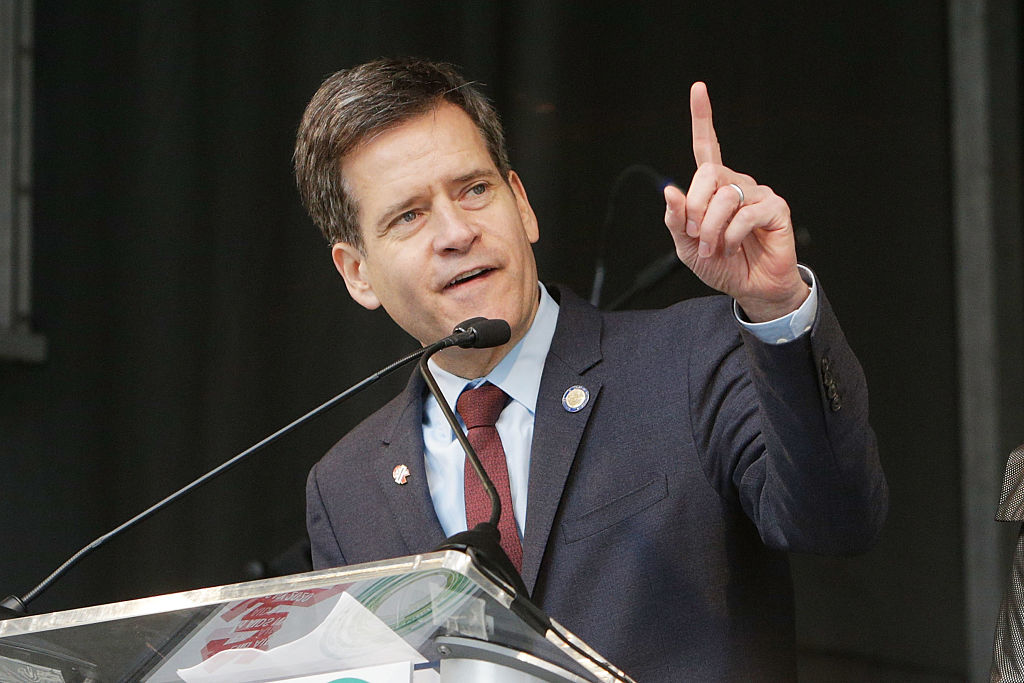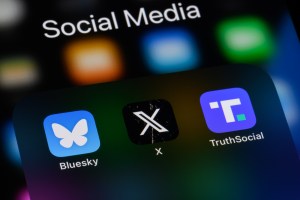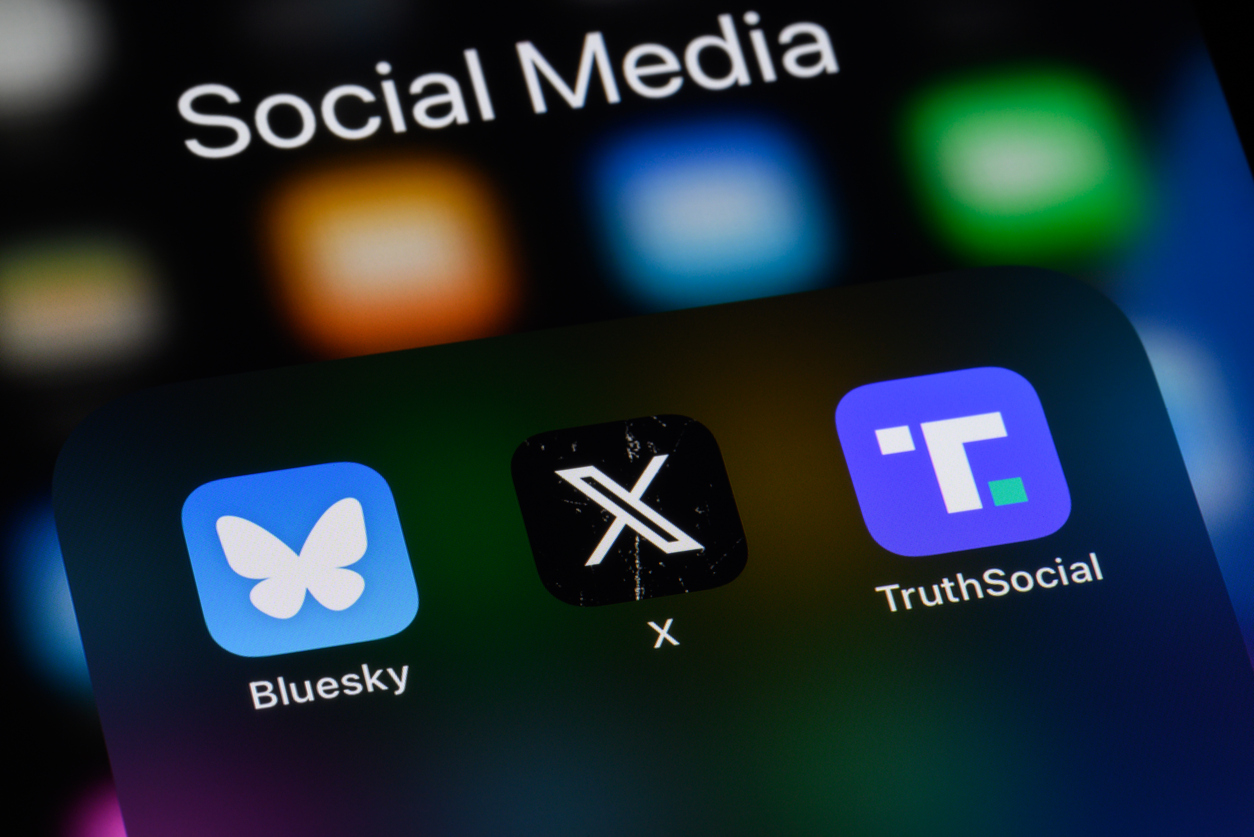A new year, a new assault on free speech in America. New York Senator Brad Hoylman claims that legislation he’s introduced into the state senate targets Big Tech algorithms to keep them from promoting “controversial and harmful content.” Yet the bill seeks to “protect” public health by making almost any social media comment going against Hoylman’s beliefs illegal.
Hoylman passes himself off as a defender of the public good by vowing to take on Big Tech, which he accuses of profiting by deliberately stoking controversy. He specifically mentions anti-coronavirus vaccine posts “as a false statement of fact or fraudulent medical theory that is likely to endanger the safety or health of the public.”
His “solution” involves allowing the New York attorney general, City Corporation counsel and private citizens to sue in order to recoup damages. However, the bill also allows suits against “any person that unlawfully or unreasonably knowingly or recklessly creates or contributes to a condition that endangers public health or safety through the promotion of content the person knew or reasonably should know is harmful, false, or unlawful.”
Hoylman’s language is vague, of course, meaning it can easily be used to target dissent on other policy measures too. Not a fan of masks in schools, social gathering limits, Covid-forced closures, or vaccine passports? Too bad: you could face punishment in the form of unspecified “damages”! Hoylman knows this, which is why his bill includes the language “hold social media companies and others accountable” (emphasis added) despite airy language on algorithms. This is as much about algorithms as the old post-punk band Joy Division’s lyrics are about happiness.
It’s not just on public health matters that Hoylman desires to punish dissent. The nuttery of last January 6 also gets mentioned. The bill targets anyone who advocates “for the use of force, is directed to inciting or producing imminent lawless action, and is likely to produce such action.” The problem is just how generically that language is written. It leaves open to a lawsuit anyone who posts a desire to see people demonstrate over an issue or practice self-defense.
This could include Black Lives Matter of Greater New York co-founder Hawk Newsome who recently called on “the blocks to stop it!” when referencing rising crime. Or his comments to reporters warning of riots if NYC reinstates its undercover anti-crime unit. One also wonders whether Hoylman himself would face a lawsuit for a tweet saying he was here to “FIGHT, FIGHT, FIGHT” against two possible fossil fuel plants in StuyTown since that could be interpreted as “likely to produce” lawless action.
Those who attend a protest that later turns violent could also face punishment even if they didn’t participate, promote, or justify any criminal behavior. Hoylman risks harming his own supporters with this proposal, exposing them to unnecessary legal action.
Let’s not forget the potential damage journalists face under Hoylman’s proposal, which could be used to sue members of the press for covering a protest or speech and posting about it on social media. Commentators and analysts could also be prevented from presenting an issue from a point of view that doesn’t jibe with the current narrative. Journalism’s fracturing with the advent of Patreon and Substack means more reporters are serving as independent outlets instead of linking up with established names.
This is a warning for national conservatives and populists demanding the repeal of Section 230. Hoylman’s bill is a glimpse into the future should Section 230 get deleted from the federal register. It seeks to force large and small social media companies into taking down speech Hoylman disapproves of by empowering America’s overly litigious society. Section 230 protects websites from having to make a choice between removing any potentially controversial posts and spending a lot of money explaining to a court why they didn’t remove it. Think of it as a proxy for the First Amendment.
Contrast that with Hoylman’s bill, which is about keeping people from posting their opinion on social media. It needs to be burned up, preferably in one of the fossil fuel plants Hoylman is so adamantly against.

























